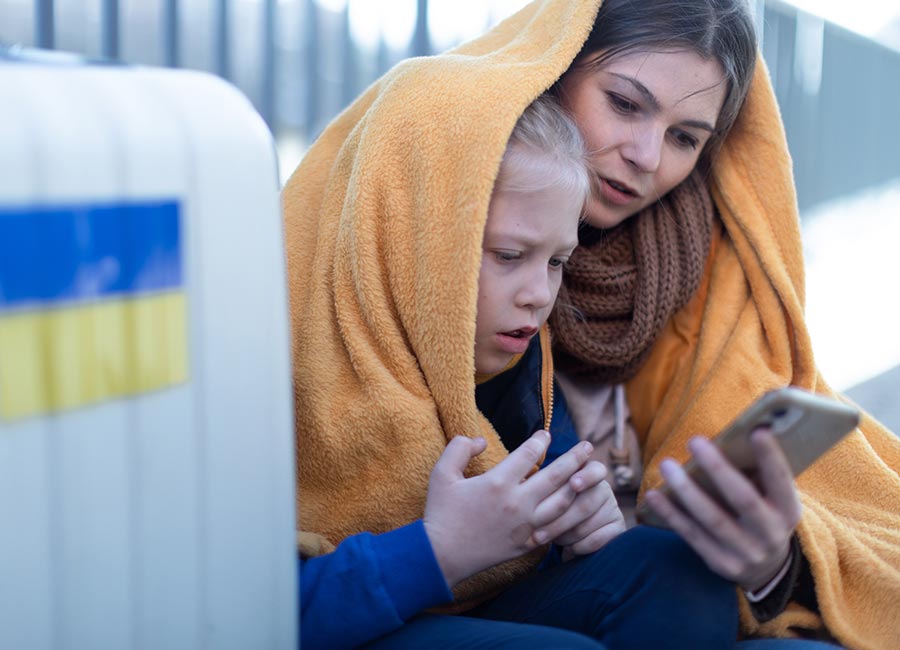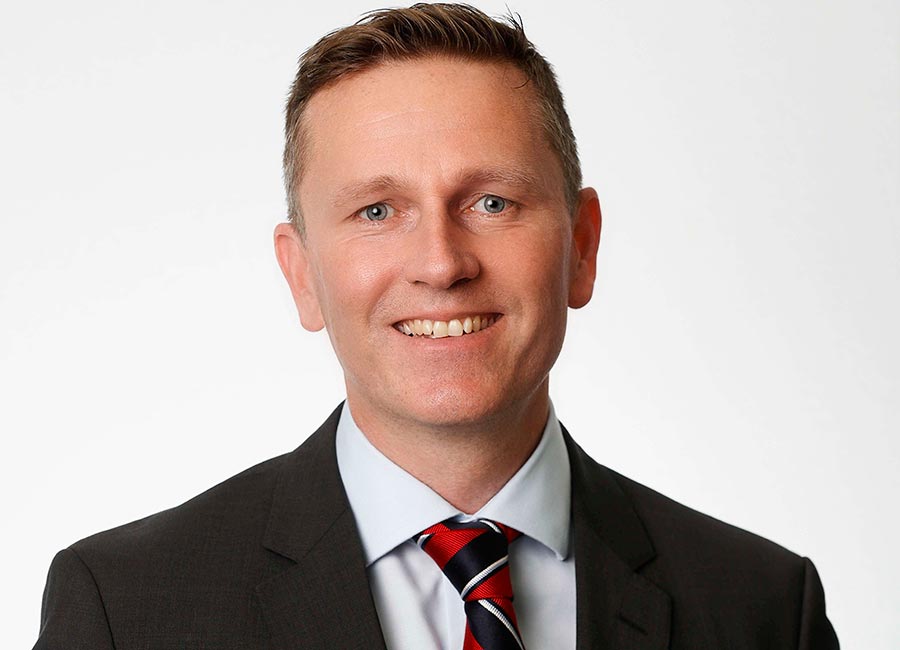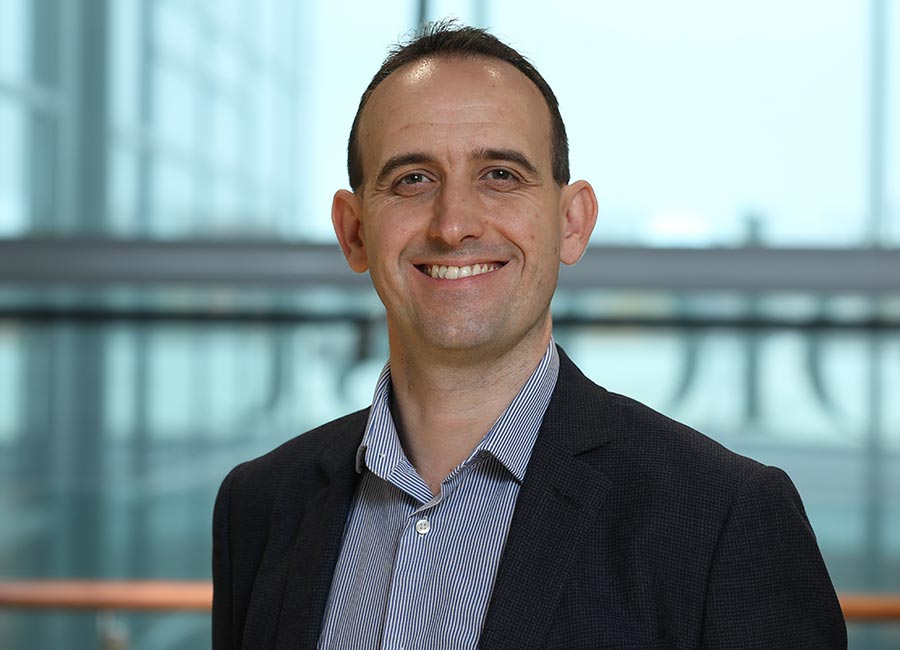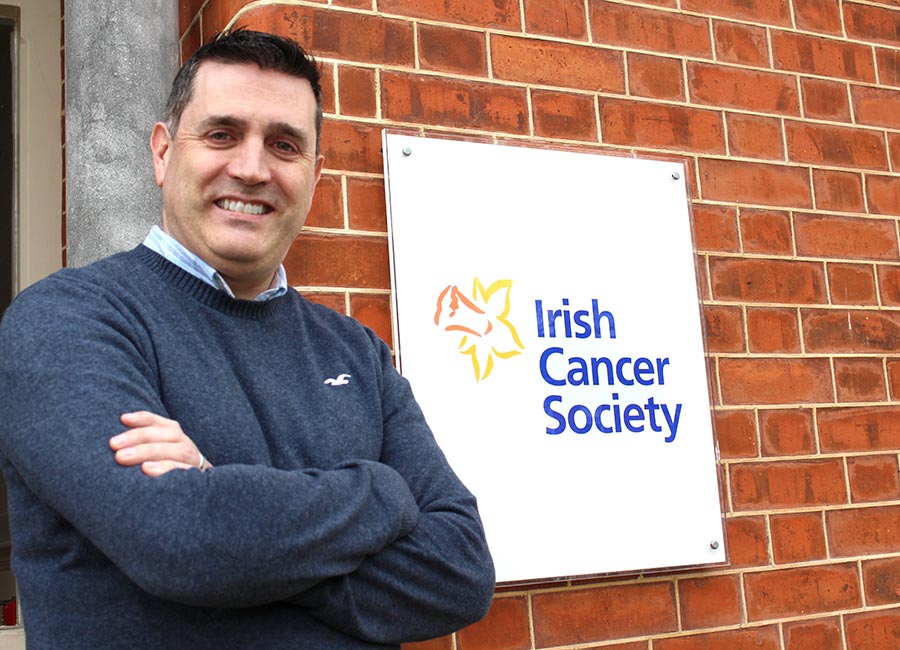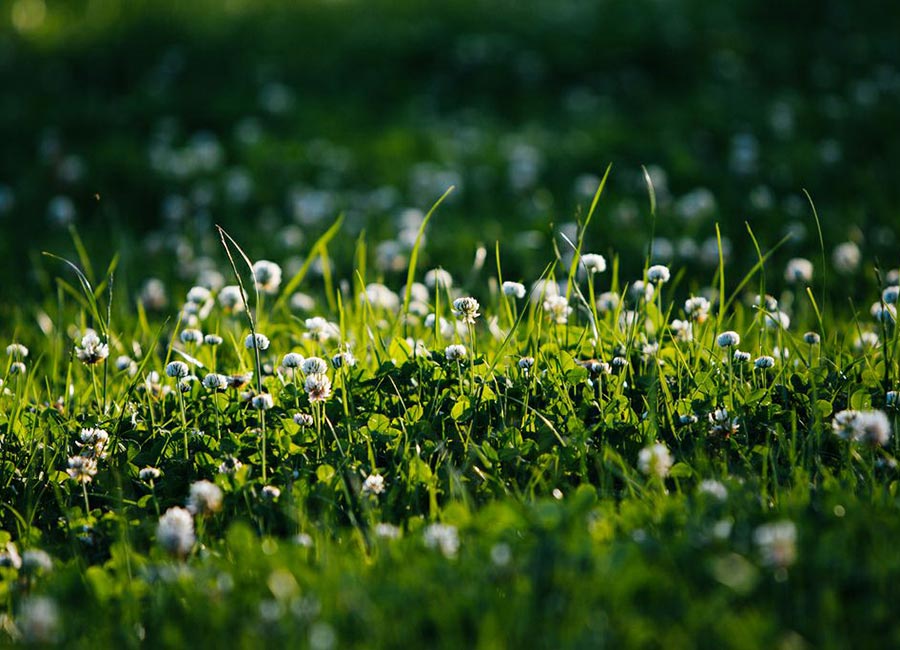Ireland has a role to play in moderating content being streamed from the world's first 'Tik Tok' war, writes Dr Robbie Smith.
The Russian invasion of Ukraine has highlighted the deeply globalised nature of the Irish economy.
Top of the list is Ireland’s dependency on imported fossil fuels, as households grapple with increased energy costs at home and at the pumps. Farmers must meet the challenge of increased prices for fertilisers and feed.
The knock-on effects of higher inflation will reverberate through the economy for months, maybe longer.
We are also committed to accommodating up to 100,000 Ukrainian refugees, in spite of our housing problem.
Gatekeepers
There is another important aspect of the conflict that affects our media regulations, and the Trust and Safety content moderation sector here is a key gatekeeper in all of this.
Again, this is not just about Ireland. It concerns a much wider canvas of EU and international media regulations.
Ireland is home to the European headquarters of a range of tech and online companies including Alphabet’s Google and YouTube platforms, Meta’s Facebook and ByteDance’s TikTok as well as LinkedIn, Twitter, Apple and Microsoft.
These firms are, in effect, regulated from Ireland.
The new Online Media and Safety Regulation Bill making its way through the Houses of the Oireachtas, as well as the EU’s Digital Markets and Services Acts are creating the framework through which this happens, and as a society we need to give this fuller attention.
Firstly, because the media regulatory environment is in a state of ongoing significant change and, secondly; thousands of Irish Trust and Safety workers are in the frontline of implementing these policies daily, either working for the tech companies or in firms such as Accenture, Concentrix, TaskUs and Teleperformance who deliver key content moderation services on their behalf.
The war in Ukraine is the first contemporary conflict characterised by unceasing social media coverage. Added to this are the competing narratives emerging from Russia and China, where many sources are deliberately perpetrating campaigns of disinformation.
Axios recently reported the view of Lukas Andriukaitis, Associate Director of the Atlantic Council’s Digital Forensic Research Lab, who described the war as possibly being “the best-recorded, almost live-broadcasted, conflict as of today”.
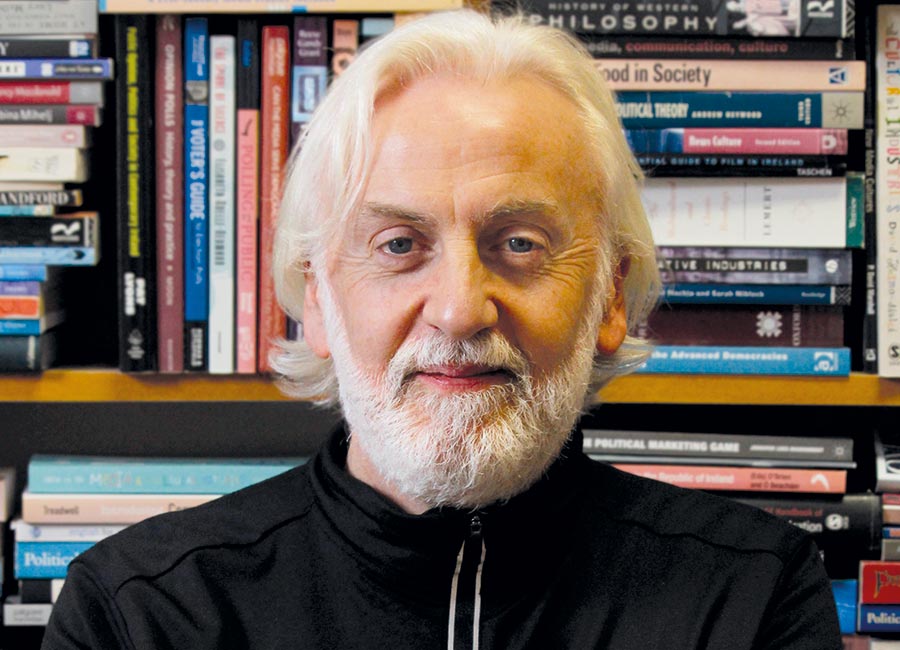
Broadcasts
In late February, Alphabet’s Google and YouTube platforms announced they would not be taking advertisements from Russian state media. They were followed by Twitter and Facebook. The European Union followed up with a ban on March 8 of Russian state media broadcasts into the EU.
This ban extends to social and online media platforms. Russia has banned many of these platforms in response.
Josep Borell, the EU’s High Representative for Foreign Affairs and Security Policy, speaking to the EU parliament in March, said: “We are not trying to decide what is true and what is false. We don’t have Ministers of Truth. But we have to focus on foreign actors who intentionally, in a coordinated manner, try to manipulate our information environment.”
There has been a barrage of recent attempts at misinformation, including a deep fake video of Ukrainian President Volodymyr Zelensky surrendering.
Kyle Chayka, writing in the New Yorker, dubbed this conflict the first ‘TikTok war’.
Sombre
Latvian MEP Sandra Kalniete, whose November 2021 report on foreign interference in the EU’s democratic processes makes sombre reading, said in the same EU parliament debate that: “Russia, China and other authoritarian regimes have funnelled more than $300million into 33 countries to interfere in democratic processes.“
Kalniete also stated that Russian propaganda in Europe has “been working in Europe for decades, attempting to poison and divide our societies “.
Ireland is entering the frontline of a communications conflict. The invasion has exacerbated the intensity and underscored the importance of Trust and Safety work across our social media platforms.
In Griffith, I am in awe of the students on our Postgraduate Diploma in Trust and Safety who gather from across the world to attend classes two nights a week — some from different time zones — and work on this frontline.
Dr Robbie Smyth is Head of Faculty of Journalism and Media Communications, Griffith College.


